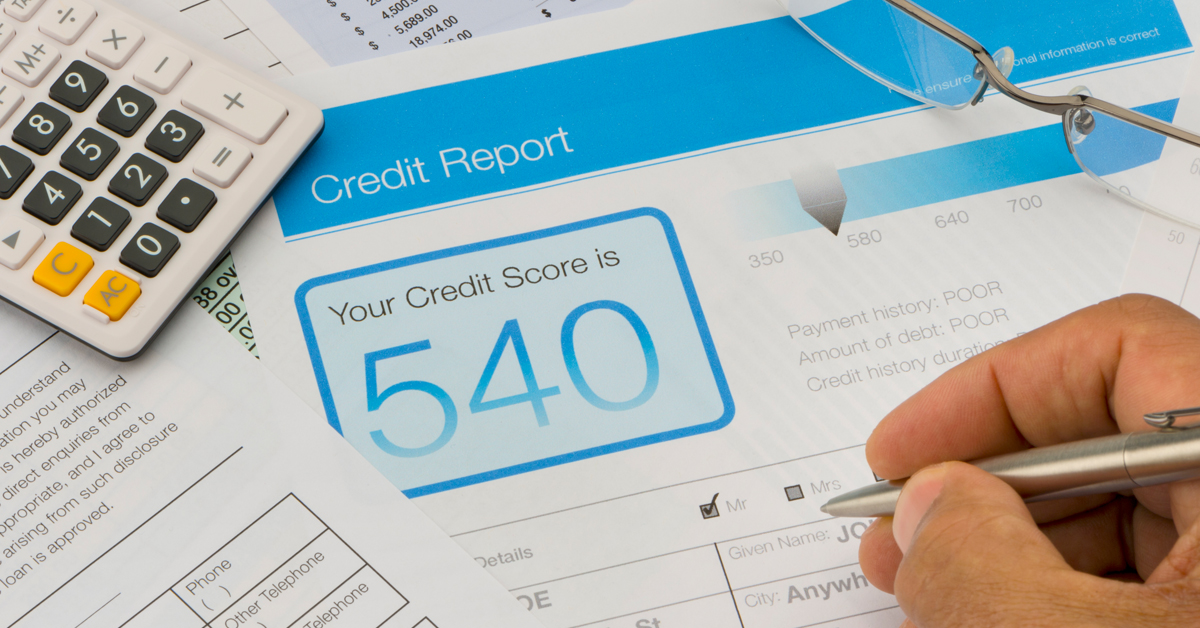
It’s not enough stress to have your car repossessed, but the consequences — collection contact and negative credit reporting — can be too much to bear.
Car repossessions carry negative weight to a credit report for 7 ½ years from the date it was first reported as late by the lender. Credit scores may drop and your ability to get new credit, and credit with favorable terms, may diminish.
In this blog, we’d like to take a closer look at how long a repossession remains on your credit report and what you can do to correct credit reporting errors.
What happens after a repossession?
Once a car has been repossessed, the lender will send you a letter confirming the repossession and state terms for you to get the vehicle back. This repossession notice is typically called a Notice of Intent to Sell Property. In addition to listing charges for a repossession fee and storage, the lender will state an amount that you must pay in order to get the vehicle back.
Sometimes the lender may demand only past due payments. If they are paid along with any repossession and storage fees, the lender will enable you to reinstate the loan. Other times, they may demand that you pay the full balance of the loan to get the vehicle back.
You will be given a time period to act before the lender takes steps to sell your vehicle. The letter will inform you whether the vehicle will be sold at an auction or a private sale, and indicate the date and time of the sale.
Once the vehicle is sold, the lender will send you a second notice called a Deficiency Letter. You will be informed of the selling price of the vehicle. Deducting that amount from the total balance owed on the loan, the letter will show a calculation of the total balance owed to satisfy the loan.
Collection Contact after a Repossession
Usually, the lender will assign the collection of a deficient balance to a collection agency. You may begin to receive calls or letters demanding payment. Keep in mind, not all collectors use tactics that comply with the consumer laws. Whether you owe the debt or not, if you begin to receive contact from a collection agency, contact a qualified consumer lawyer to evaluate their collection efforts. The Fair Debt Collection Practices Act, a federal law, offers protections to consumers from a collector’s abusive collection practices.
Inaccurate Credit Reporting of Auto Loans

Sometimes the information listed on your credit report is inaccurate. It is possible that the furnisher supplied incorrect data, or, the credit bureau may have made incorrect entries when adding data on your report.
If you have been delinquent on your auto loan or had a vehicle repossessed, you should monitor your credit reports to make sure that the information is accurate. The FCRA promotes the accuracy, fairness and privacy of information provided to the credit reporting agencies and maintained in credit files. You are entitled to one free credit report every 12 months from each of the three main bureaus — Transunion, Experian and Equifax.
Errors on your credit reports must be disputed in writing with the credit bureaus. If the errors are not corrected, the bureau, and possibly the furnisher of the information, may have violated your consumer rights under the FCRA.
Seek Help from a Qualified Consumer Protection Law Firm
Flitter Milz is a nationally recognized consumer protection law firm that pursues lawsuits against the credit bureaus and credit furnishers for violating a consumer’s rights under the FCRA. If you have errors on your credit report that the credit bureaus will not correct, contact us today for a no-cost consultation.








